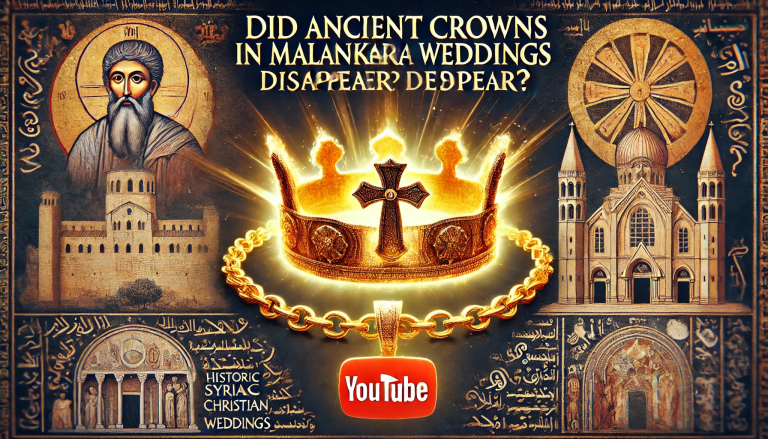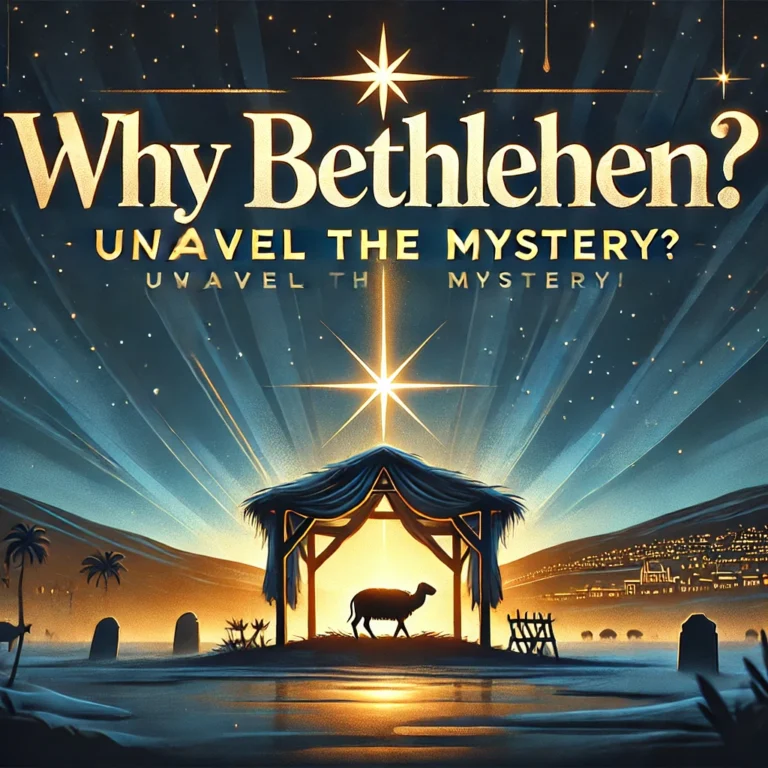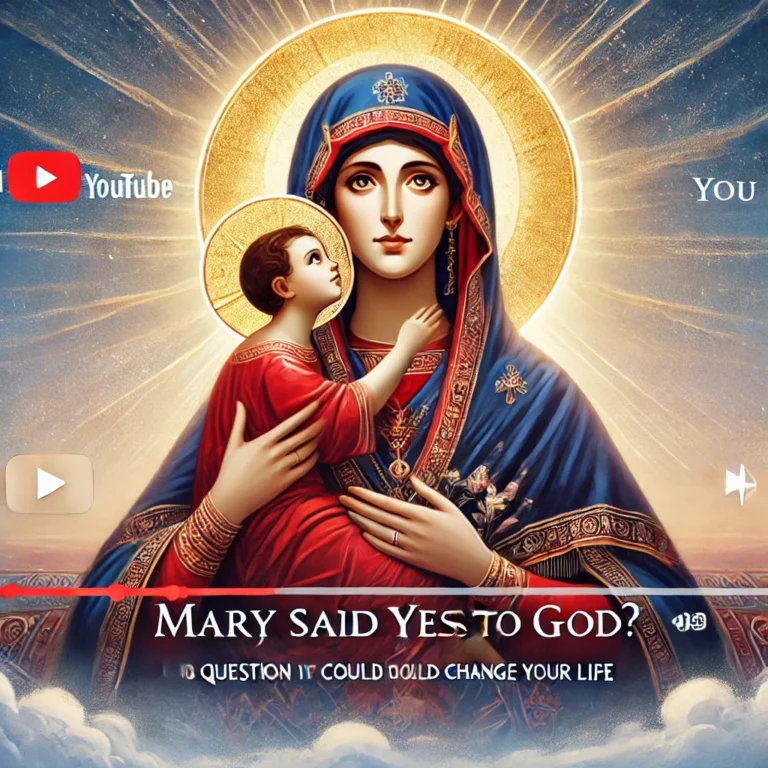Herod’s cunning, as revealed in today’s Gospel, is a sobering reminder of the duality that can exist within the human heart. Outwardly, he spoke words of reverence and worship: “Go and search diligently for the young child; and when ye have found him, bring me word again, that I may come and worship him also.” Yet these words were a façade, concealing his true intention to eliminate the Christ Child and preserve his earthly power.
Herod’s actions, though ancient, are a timeless warning for us. They confront us with the dangers of duplicity and self-interest in our own lives. His cunning is not just a historical footnote; it is a mirror that reflects the potential for hypocrisy and fear that lies within all of us.
Hypocrisy: The Danger of Outward Piety
Herod’s words demonstrate the danger of outward piety masking an inner rebellion against God. He appeared devout, even concerned about worshiping the newborn King, yet his heart was consumed by fear and pride. How often do we, like Herod, speak words of devotion while our hearts remain far from God? How often do we perform outwardly good deeds, seeking not God’s glory but our own?
The Orthodox spiritual life calls us to a life of authenticity, where our outward actions align with the state of our hearts. This alignment requires humility and repentance—a willingness to admit that we, too, are capable of duplicity, and that we need God’s grace to purify our hearts.
Fear: The Root of Herod’s Deception
At the root of Herod’s cunning was fear—fear of losing control, fear of change, and fear of surrendering to a power greater than himself. He saw the birth of Christ not as a fulfillment of divine promise but as a threat to his fragile earthly kingdom. This fear led him to commit horrific acts, including the massacre of innocent children.
We, too, can be ruled by fear when we cling to our own “kingdoms,” whether they be pride, comfort, or worldly possessions. Christ calls us to surrender these false securities and to trust in Him. But surrender is difficult when fear takes hold. Like Herod, we may be tempted to protect our illusions of control, even at the cost of distancing ourselves from God.
The Call to Repentance
Herod’s cunning serves as a warning, but it also offers a call to repentance. The spiritual life invites us to examine our hearts honestly, to uncover the hidden sins and fears that separate us from God. Through the sacraments, prayer, and the guidance of the Church, we are given the tools to confront these inner struggles and to seek God’s forgiveness and healing.
Repentance is not merely about acknowledging our sins; it is about turning our whole being toward Christ, the true King. It is about relinquishing our false kingdoms and embracing the humility and love of the One who came to save us.
The Kingdom of God vs. the Kingdom of Self
Herod’s cunning illustrates the stark contrast between the Kingdom of God and the kingdom of self. The Kingdom of God is marked by humility, love, and self-giving, while the kingdom of self is marked by pride, fear, and self-preservation. Herod chose to protect his kingdom, but at what cost? He lost the opportunity to worship the Savior of the world.
Herod’s End of Life
The end of Herod the Great’s life is as tragic as it is instructive. After a reign marked by power, wealth, and political cunning, Herod’s final days were consumed by physical suffering, paranoia, and spiritual desolation. His death serves as a stark reminder of the consequences of a life lived in opposition to God’s will.
1. Herod’s Physical Torment
Historical sources, including the Jewish historian Flavius Josephus, describe Herod’s final illness in vivid detail. He suffered from an excruciating and incurable disease that caused unbearable pain. His body was ravaged by swelling, abdominal pain, ulcers, and gangrene, leaving him in a state of physical agony. Despite his immense wealth and access to the best physicians of his time, Herod was powerless to escape his suffering.
This physical torment reflects the truth that no amount of earthly power or wealth can shield us from the consequences of our actions or from the frailty of the human condition. Herod, who built great palaces and ruled with an iron fist, could not evade the inevitability of death.
2. Herod’s Paranoia and Fear
In his final years, Herod’s paranoia grew to extreme levels. Obsessed with maintaining control, he executed members of his own family, including his wife Mariamne and several of his sons, out of fear that they might usurp his throne. His insecurity and fear of losing power consumed him, leaving him isolated and mistrustful.
This paranoia serves as a spiritual warning. Herod’s desperate clinging to power reflects the futility of placing our trust in earthly authority and possessions. When we live for ourselves, rather than for God, we find no peace. Instead, we are haunted by fear, insecurity, and a sense of emptiness.
3. The Legacy of Tyranny
Herod’s most infamous act—the massacre of the Innocents in Bethlehem—was carried out near the end of his life. This horrific act, aimed at eliminating the Christ Child, reveals the depths of his moral corruption. In his pursuit of earthly power, Herod did not hesitate to shed innocent blood, including that of helpless children.
His reign, though marked by impressive architectural achievements such as the rebuilding of the Temple in Jerusalem, is overshadowed by his cruelty and moral depravity. His name has become synonymous with tyranny and oppression.
4. Herod’s Death and Legacy
Herod died around 4 BCE in Jericho, leaving behind a divided kingdom and a legacy of fear and bloodshed. In an attempt to ensure mourning at his death, he reportedly ordered that prominent men of Judea be executed upon his passing. Though this order was not carried out, it reveals the depths of his self-centeredness and cruelty.
Despite all his efforts to secure his power and legacy, Herod’s end was marked by futility and despair. His kingdom was divided among his sons, and his name became a byword for evil rather than greatness.
5. Spiritual Lessons from Herod’s End
Herod’s death offers profound lessons for us as Christians:
• The Futility of Earthly Power: Herod’s obsession with control and power ultimately led to his isolation and torment. His life reminds us that worldly success is fleeting and cannot bring lasting peace or joy.
• The Consequences of Sin: Herod’s life demonstrates the devastating consequences of unchecked pride, fear, and cruelty. His actions alienated him from God and others, leaving him spiritually desolate.
• The Call to Repentance: While Herod resisted the call to repentance, his life challenges us to turn toward God. No matter how far we have strayed, God’s mercy is always available to those who seek it with humble hearts.
Conclusion
Herod’s tragic end is a warning to all of us. It calls us to examine our lives, to abandon the pursuit of worldly power and self-interest, and to seek instead the eternal Kingdom of God. Let us remember that Christ, the King of kings, came not to rule with force but to save with love. May we surrender our lives to Him, so that our end may be marked not by despair but by the hope of eternal life in His presence.
Let us not make the same mistake. Let us surrender our kingdoms—our pride, our fears, our attachments—and bow before the true King.
Herod’s cunning is a cautionary tale, but it is also an invitation to deeper self-examination. Let us heed this warning and strive to align our hearts and actions with the will of God. Let us seek to worship Christ not with words alone but with lives that reflect His love and truth.
May God grant us the grace to overcome our fears, to repent of our hypocrisies, and to surrender fully to the Kingdom of Christ, now and forever. Amen.


